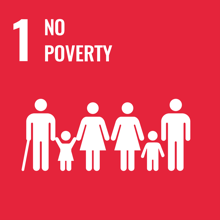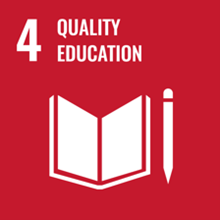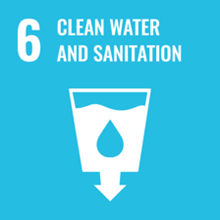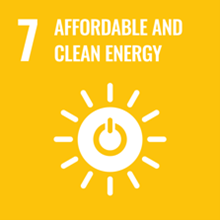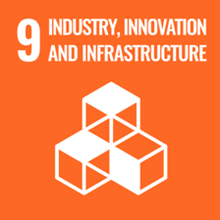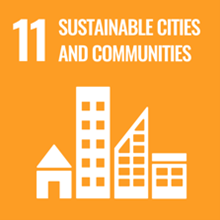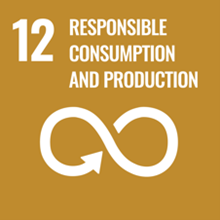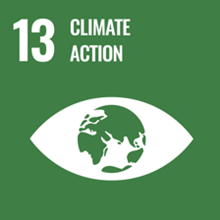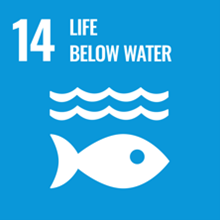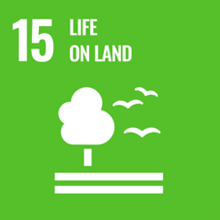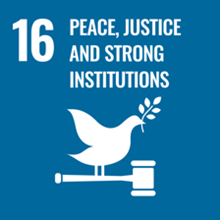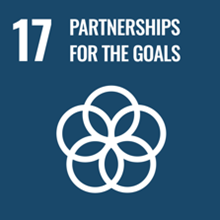The Sustainable Development Goals (SDGs) are a set of 17 interconnected goals adopted by the United Nations to address some of the world’s most pressing challenges, such as poverty, inequality, environmental degradation, and climate change. They represent a global commitment to creating a better, more sustainable future for everyone on the planet. The University of Tulsa strives to play a pivotal role in responding to this universal call by aligning our efforts with these goals.

TU Difference:
Empowering Impact, Transforming Futures.
- Ending Poverty: TU actively contributes to the goal of ending poverty (SDG 1) and addressing hunger (SDG 2) by conducting research on poverty alleviation strategies, offering courses on development economics and entrepreneurship, and educating members of low income communities.
- Ensuring Prosperity for All: The SDGs aim to ensure prosperity and well-being for all. This includes not only economic prosperity (SDG 8) but also good health (SDG 3), quality education (SDG 4), gender equality (SDG 5), and more. TU promotse prosperity by providing accessible and high-quality education, conducting research to improve public health, advocating for gender equality, and fostering inclusive economic growth.
- Leading by Example: The University of Tulsa serves as a role model by adopting sustainable practices on the campus (SDG 9). This includes implementing energy-efficient infrastructure, reducing waste, and sourcing sustainable products (SDG 12). By doing so, we demonstrate to students, staff, and the broader community that sustainable living and working are achievable and essential.
- Protecting the Planet: Many of the SDGs are directly related to environmental sustainability, such as clean water and sanitation (SDG 6), affordable and clean energy (SDG 7), climate action (SDG 13), life below water (SDG 14) and life on land (SDG 15). TU protects the planet by researching sustainable technologies, reducing our own carbon footprints, and educating students on environmental stewardship.
- Engaging with Local and Global Communities: The University of Tulsa is not an isolated entity; we are deeply connected to our local and global communities. We engage with these communities through partnerships, knowledge-sharing, and collaborative projects that directly address SDGs (SDG 17). For example, we work with local governments to address sustainability (SDG 11) and partner with international organizations on health initiatives (SDG 3).
- Promoting Social Responsibility: TU has a unique opportunity to instill a sense of social responsibility in our students. We integrate ethical and social considerations into curricula, encourage volunteerism and community engagement, and host events and discussions on pressing global issues (SDG 10, SDG 16). This helps develop a generation of responsible citizens who are committed to addressing societal challenges.
In summary, the University of Tulsa has a multifaceted role in contributing to the SDGs. Beyond research and education, we lead by example, instill values of social responsibility, and actively engage with communities to promote sustainable development. By embracing the SDGs in these ways, TU has made a significant impact on addressing the world’s most pressing challenges and advancing the global agenda for a more sustainable and equitable future.

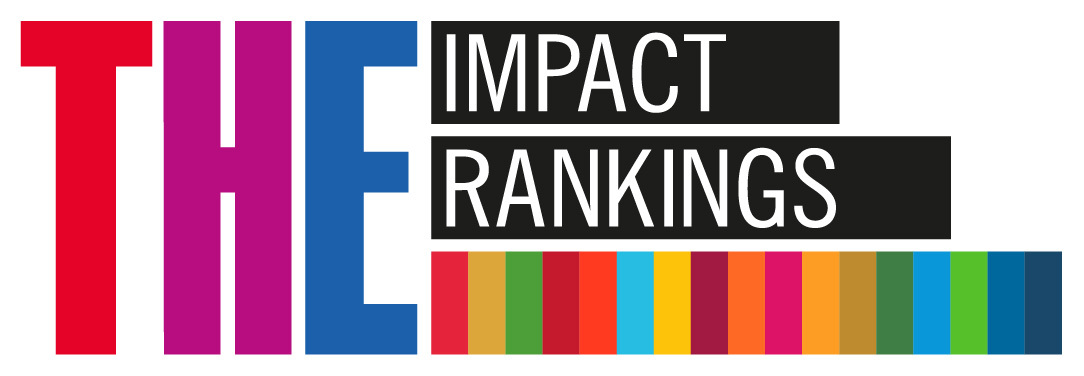
51 Targets
16% In Progress
84% Met
